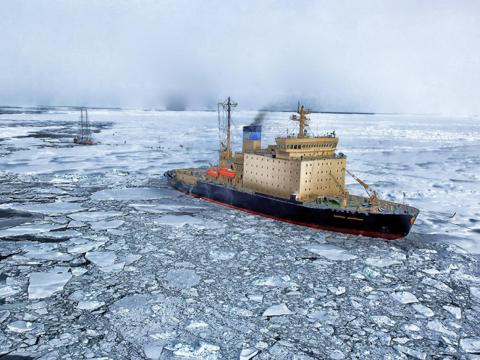Category
Description
Some of the most rapid environmental changes on the planet are experienced in high-latitude regions. These changes affect all Earth system components, including the ocean, atmosphere, cryosphere, and marine and terrestrial ecosystems, and have both regional and global implications. The main objective of this project is to reduce model uncertainties and enhance the predictability of polar environmental change and its global consequences through the targeted application of DOE's hierarchy of global and regional models.
The HiLAT (High-Latitude Application and Testing of Earth System Models) and RASM (Regional Arctic System Model) teams will collaborate during Phase II of this SFA to address crucial objectives of the DOE's Climate and Environmental Sciences Division Strategic Plan, 2018-2023; in particular, its Scientific Grand Challenge to understand and quantify the drivers, interactions, and feedbacks both among the high-latitude components and between the high latitudes and the global system...".
The project leverages polar expertise of the DOE laboratories and academia to focus on four cross-cutting and complementary research areas: global energy balance and transport, drivers of high-latitude changes, extra-polar impacts of those changes, and their predictability at seasonal to multi-decadal time scales. Our focus on integrative Earth System science, and our use of state-of-the-art high-resolution climate models, requires the large, multidisciplinary teaming that is exemplified by multi-laboratory coordinated collaboration.

